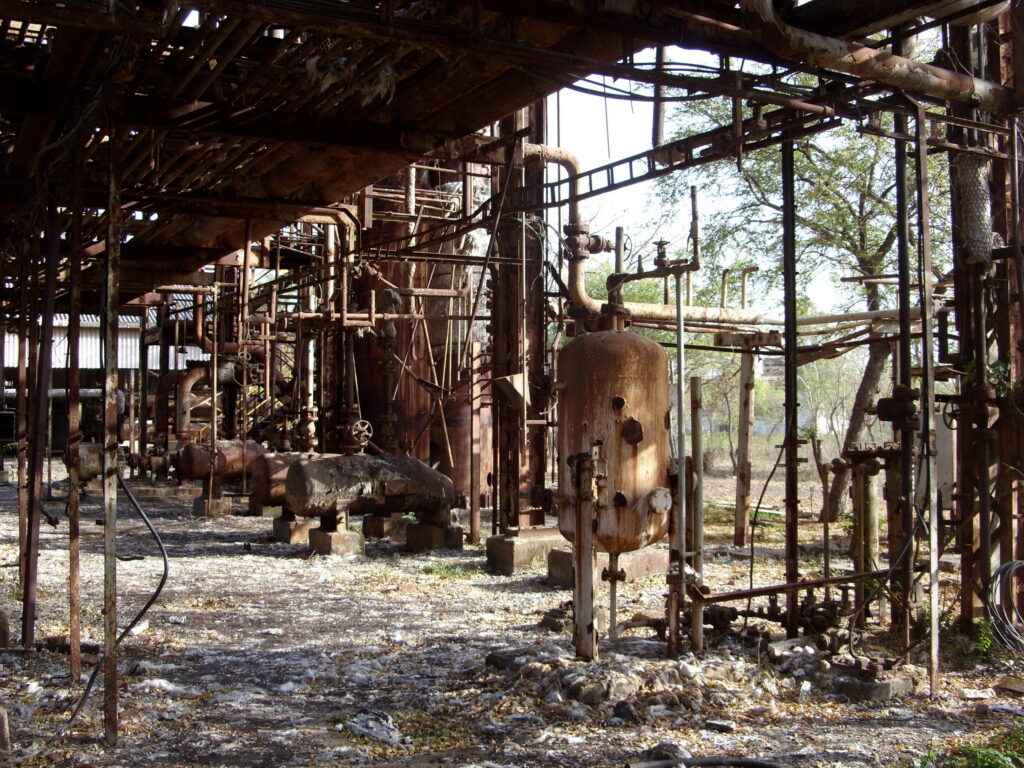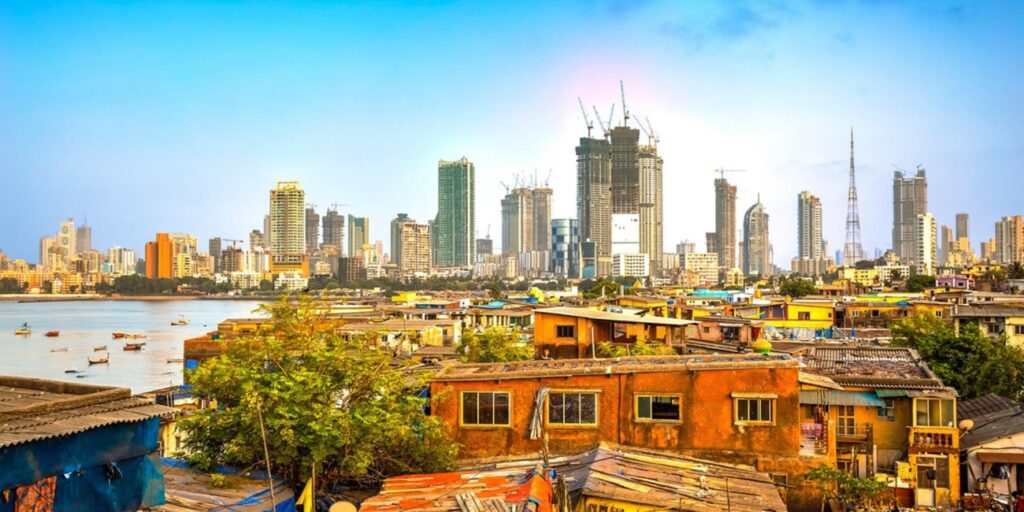Is it possible to create quieter trams?

Author | Lucía Burbano Despite being one of the most sustainable forms of transport, trams produce a bothersome squeaking noise when their metal wheels come into contact with the rails. This issue is significant enough to warrant serious consideration in urban planning. Although trams are eco-friendly in terms of emissions, they can be quite noisy. […]
How Bhopal is still having to cope with one of the worst industrial disasters of all times

Towards the end of 1984, the Union Carbide industrial plant in Bhopal, India, suffered a chemical leak, killing 25,000 people and injuring over half a million. Is it possible to protect the local population without affecting their jobs?
Mastering mobility: mobility data spaces

The creation of a common mobility data space for Europe is possible, but what is it?
Renewable energy generation: description, types and objectives

Renewable energies play a vital role in sustainable development. Without them, it would be absolutely impossible to decarbonize human activities. Solar and wind energy systems stopped being ‘alternatives’ a long time ago, and they are now much more feasible than burning fuels.
How are cities combating sand storms?

Cities near the equator have been experiencing sand storms for centuries, while, for the rest of the world they fall within the strategies of adapting to climate change. How are cities combating sand storms? Are they combating them at all?
How India wants to become the future of smart cities

India is one of the fastest growing countries on the planet in a whole host of indexes. But it still faces significant challenges in terms of urban development.
U.S. Mayoral Roundtable #6 | Public-Private Partnerships

Mosquitoes and health: how science has been tackling the silent killer of millions for centuries

Mosquitoes and health: how science and cities have been fighting the killer of millions of people. What diseases does it transmit, and what tools do we have.
TICKETS OUT NOW FOR #SCEWC24! – ERROR

The countdown is officially on: registration for #SCEWC24 is open! This November, we’ll host the greatest Smart City Expo in our 13-year history. We’re proud to convene the entire smart city ecosystem to catalyze change and multiply action – our largest gathering of worldwide companies, governments, administrations, entrepreneurs, experts, and organizations pushing the boundaries of […]
TICKETS OUT NOW FOR #SCEWC24!

Save the date! 7-9 NOV 2023